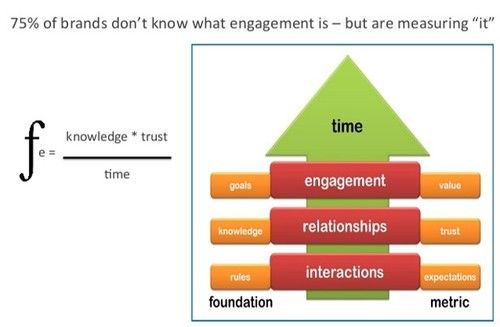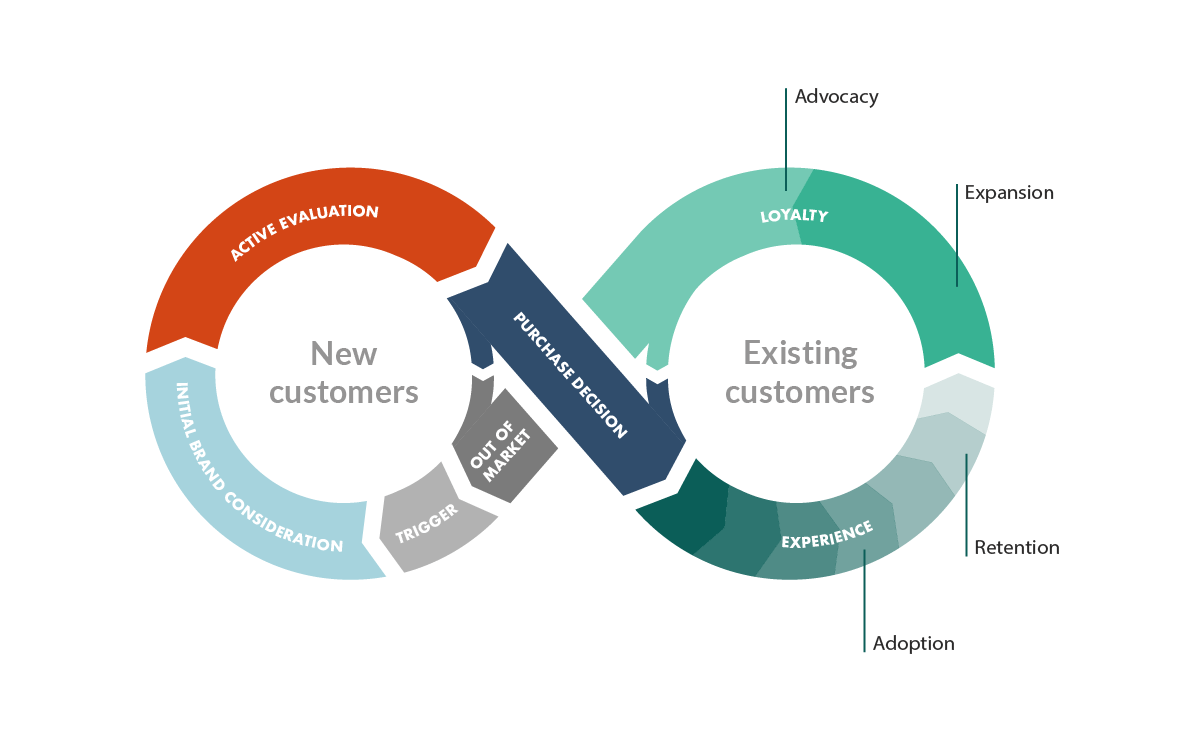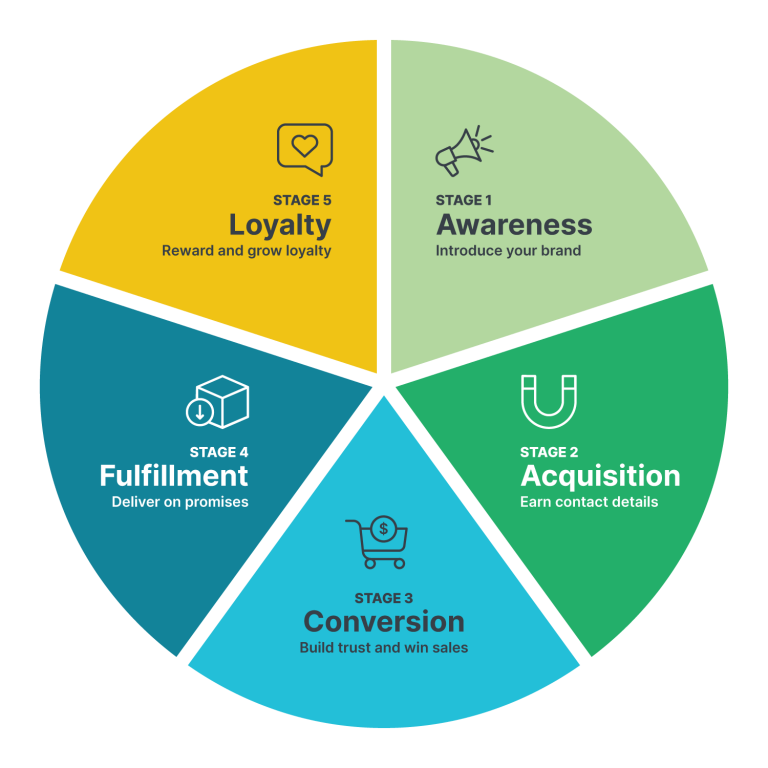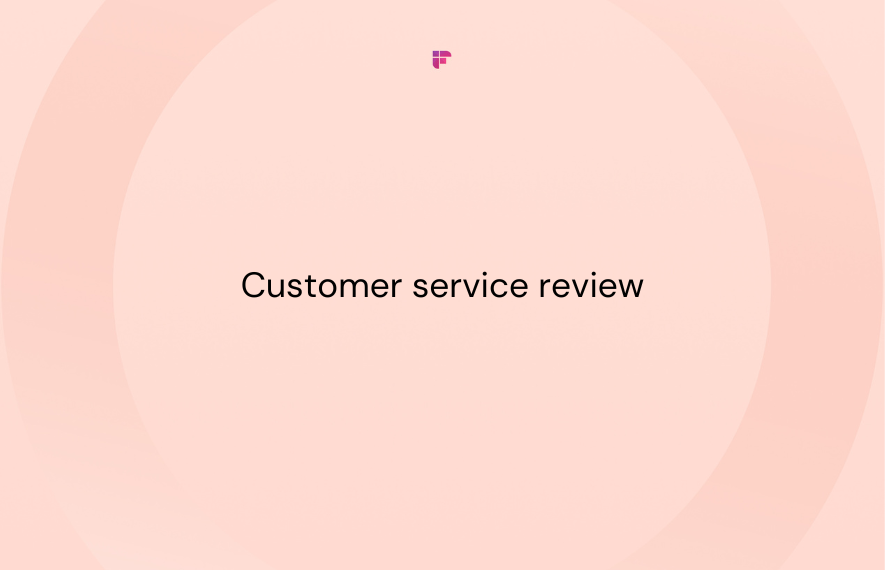It's no secret that your business needs a good product and a good sales and marketing team for growth. But to sustain this growth, one needs to be on top of the game in a rapidly evolving market space.
Customer success is one such game-changer in the world of SaaS and B2B, and for all the right reasons. Customer success is measured by changing customer expectations, cultural trends, economic realities, and adapting one’s business accordingly.
It’s the evolution of an ideology based on the realization that the success of a company is directly proportional to the success of its customers.
If you feel tempted to say, ‘ but I have a customer service team in place, so why bother about customer success, this article is for you. Data shows that for every customer who contacts customer support, 26 customers with a problem don’t reach out.

Those are all customers a business stands to lose if their problem isn’t fixed. And research also shows that 91% of those who don’t complain simply churn instead.
While a lot of buzz words surround the philosophy of doing business today, customer success is probably most pan-relevant to businesses of all types. In other words, it’s becoming one of the most important factors across all types of business and isn’t going away anywhere soon.
What Is Customer Success?
Customer success at its heart is a business methodology that once adopted, should ideally reflect in all your business efforts. It’s a way of doing business where the success of your customer is the top priority.
Your customer success is healthy if your customers achieve their (and not yours) expected outcomes while using your product and services.
One of the main differences between customer success and customer service is that while customer service focuses on solving a customer’s problems, customer success anticipates those problems, and prevents them from happening.
Thus customer success elevates a customer’s experience with your brand and is relationship-focused client management that helps you create loyal and happy customers, hence recurring revenue.
Effective Customer Success strategy typically results in decreased customer churn and increased upsell opportunities.

Why Is Customer Success Important?
The simple reason why businesses need customer success is because it leads to business success. By genuinely helping your customers, an effective customer success program spreads happiness among customers, and thus loyalty.
The success of your business is tied to your customers because happy customers are your biggest promoters and advocates.
1. Good Customer Experience Increases Customer Loyalty For Your Brand
You probably know the golden rule of thumb: happy customers means loyal customers, and loyal customers means recurring revenue. But let’s show you how much good customer success can affect your business.
A 2011 customer impact report highlights that 89% of consumers start buying from a competitor following a single bad experience with a brand. The same study also showed that about 86% of customers will pay 25% more for a better customer experience.

It’s clear that globalization provides nearly unlimited choices, and the power has shifted from corporations to consumers. This means that it's almost impossible for brands to maintain their value solely based on price, or product. A good experience is one of the top priorities for consumers, and it’s high time brands recognized this early.
When experience takes the front seat, people are willing to pay more if they see that the brand cares about their experience with the product. This reduces churn, and prevents your customers from skipping from your brand to your competitor’s.
A good way to start developing your customer success program is to listen to your customers (survey, analyze feedback trends, monitor conversations) to find out what they need from your product. This could include features, pricing, consumer journey, etc.
2. Customer Success Increases Recurring Revenue
Businesses know that there are two fundamental ways of increasing revenue. One is by gaining new customers (quantitative), and the other is by selling more to existing customers.
Small businesses just starting out need to focus on both.
The function of customer success represents an untapped area for small businesses. A well implemented customer success program can help a company avoid lost revenue and profits, and achieve exponential growth by delivering greater customer impact.
Infact, recurring revenue doesn’t exist in isolation. Building meaningful relationships by harnessing the power of customer success also increases chances of upselling and helps with client-relationship expansion.
Here are two critical components of customer success that small businesses should keep in mind:
- Focus on easy product onboarding: Your product should create value for a customer immediately. Your product should be intuitive, and be easy to navigate through the onboarding process.
This is an important first step because the faster your customers adapt to your product, the faster they start seeing its value.
- Your sales team should work closely with customer success: Because your sales team engages with your customers on multiple levels, they have valuable insight and information about typical customer behaviour.
Using this data to map out your customer success efforts is a great way to predict the solutions you should be providing to your loyal customer base.

3. Customer Success Increases Word-of-Mouth Advertising and Brand Ambassadors
Finding new ways to generate eCommerce sales is getting tougher. By achieving customer success, small businesses can harness the power of word-of-mouth marketing by enabling customers to act as independent ambassadors.
When you care about the success of your customers, you create consumers that care about the success of your product. This special segment of customers are vital for the growth of your business because they act like brand ambassadors for you.
Especially as a small business that has limited digital or outreach resources, this is a very powerful way of gaining recognition for your brand in an overcrowded market.
Best Practices For Effective Customer Success
1. Create a Customer Success Journey Map
While companies are now investing in customer success teams that exclusively take care of customer experience, that function should spill over across departments. Whether it’s marketing or sales of customer service - when customer success is the driving philosophy of your business, it shows in all your efforts.
Creating a customer journey road map plots out the different steps of your customer success process. It should include information on the systems and tools that you use, your feedback strategy, decisions you take, and all the other factors that you deem essential for your customer’s journey with the product.
It’s important to focus on exhaustive documentation for the simple reason that customer success agents are human, and humans forget things. Documenting your customer success efforts and plans will make things easier for you and your team.
2. Add Value Throughout The Customer Lifecycle
Whether it is upselling to your loyal customers or acquiring new ones - throughout the customer lifecycle you’re going to have many interactions. It includes cold emails, sales calls, negotiations, customer service, feedback, implementation, maintenance, etc.

One of the important factors that ensure you create this value for customers is to reach out to them with the most relevant solution. Because a buyer’s journey has many stages, a consumer’s needs, wants and problems also evolve.
Make sure you have a way to analyse these different stages and reach out to them before pain-points emerge. Here are a few examples of when you should interact with your consumers:
- Recommending new features
- Suggesting best practices
- Offering training
- Sharing marketing resources (like blogs and podcasts)
- Highlighting industry news
- Congratulating them on their successes
3. Monitor Metrics for Continuous Improvement
While implementing best customer success practices is the first step, you also need to ensure that those practices are working and generating revenue.
That’s where metrics and measurement come into the picture. Today there are many customer success management software in the market that can help you determine the ‘health score’ of your customer success efforts.
Metric monitoring can help you monitor these issues:
- Are customers moving through the onboarding process smoothly?
- Is the product being used regularly?
- How does customer success affect churn rate?
Even if you’re a small business, you should start keeping a record of data that helps you gain useful insight into the product-client relationship. Invest in a CSM that’s intuitive, and automates repetitive tasks for you.
4. Provide Personalized Solutions
Customer needs vary, hence, having a uniform answer for all expected issues won’t work, especially for your brand’s customer success function. It’s important that you make efforts to personalize your customer success efforts to match the needs of your individual customers.
It helps create an authentic relationship with your consumers, because you demonstrate to them through your efforts that they are not just another number on your sales sheet but a valuable member of your community.

Last 2 cents
When you take care of your customer’s success, your customers react by creating growth opportunities for your business.
The struggles of a small business are many--sustained growth, keeping expenses down and revenue opportunities, etc. Hence, it’s important to prioritize the right things.
Focusing on customer success will reap benefits across sectors - whether it is marketing, brand imaging, sales, or revenue.
We hope some of these tips help you grow your business and create a community of strong customer advocates for your brand.







